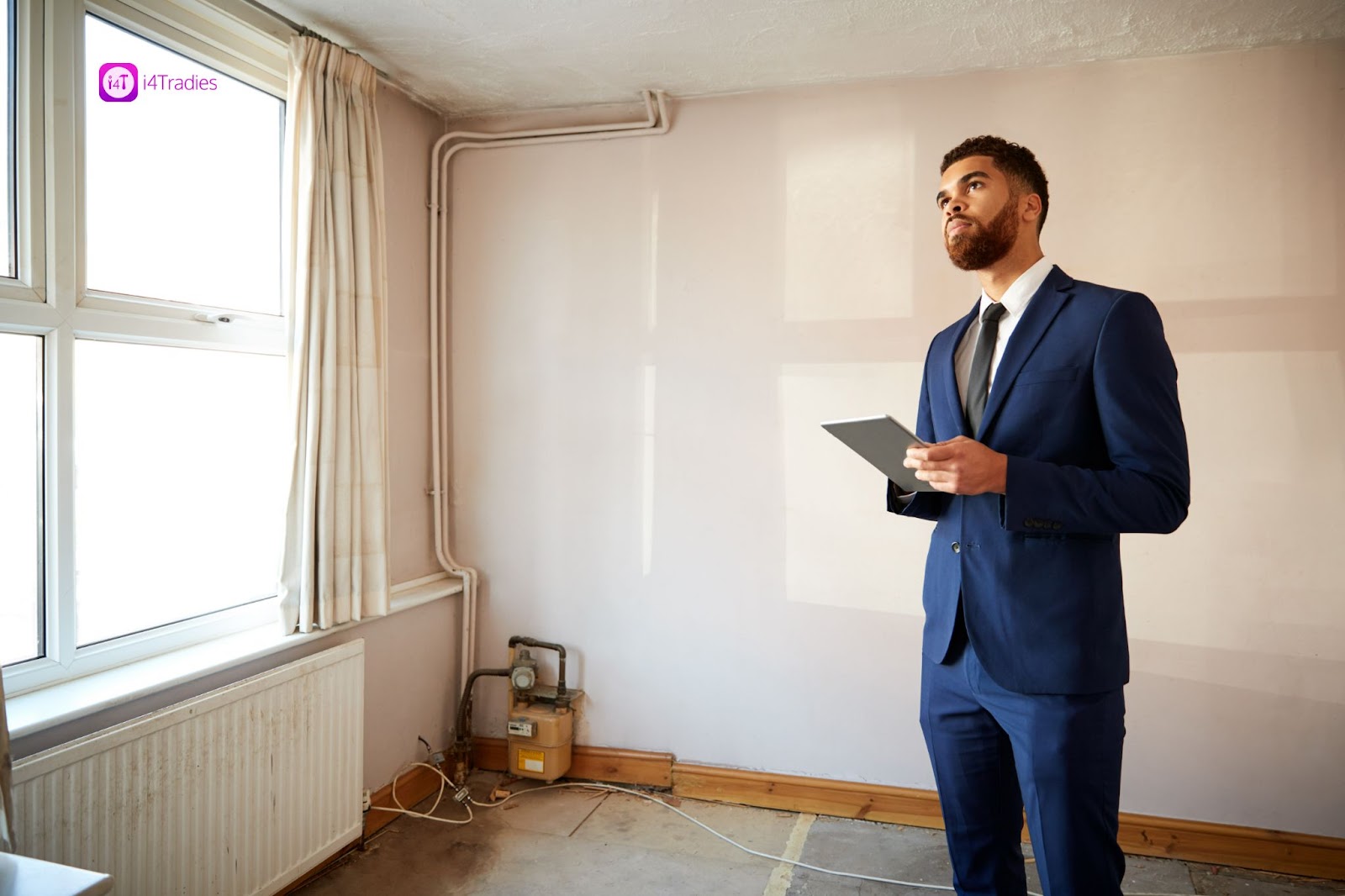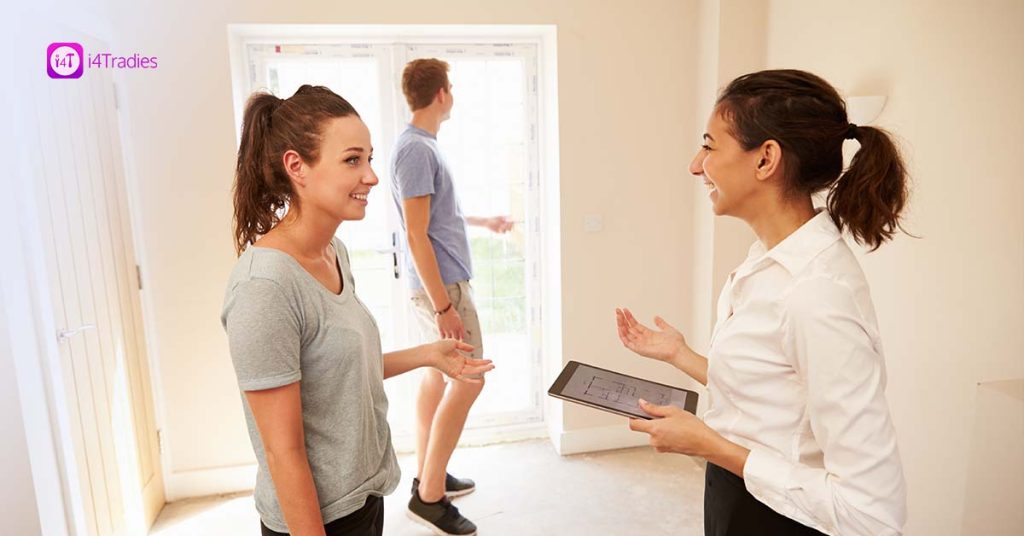As a landlord, it’s essential to maintain your rental property to ensure your tenants are living in a safe and habitable environment. One of the most effective ways to do this is through routine inspections.
Routine inspections allow you to identify and address issues before they become significant problems. This would also ensure your property's longevity and your tenants' satisfaction.
This article will explore routine inspections, who should get them, why they’re essential, and the types of routine inspections. Further, the article will give insights on how to prepare for and conduct them, and how to address issues found during inspections.
What are routine inspections in rental properties?
Routine inspections in rental properties are periodic evaluations of the rental units by the landlord or property manager. These inspections are conducted to assess the property’s condition and identify any maintenance or repair issues. Further, it will ensure that the tenant complies with the terms of the lease agreement.
Typically, routine inspections are conducted every six months to a year, although this can vary depending on the lease agreement terms and local regulations.
During the inspection, the landlord or property manager may check for things like cleanliness, and damage to the property. Landlords will further check whether the appliances and systems function properly, and check whether tenants comply with lease terms. These terms can include conditions related to smoking or having pets.
It is important to note that while routine inspections are legal in many jurisdictions, they must be conducted under applicable laws and regulations. The tenant must be given adequate notice before the inspection takes place. In most cases, the tenant must also be present during the inspection, although this can vary depending on the jurisdiction and the lease agreement terms.
Who should get routine inspections in rental properties?
Routine inspections are essential for any landlord or property manager. Especially if they want to maintain their rental property and ensure the safety and satisfaction of their tenants. Whether you own a single rental property or manage a large portfolio, inspections can help you identify and address issues before they become major problems.
Tenants also play a role in routine inspections, as they are responsible for maintaining the property well during their tenancy.
Tenants should allow access to the landlord or property manager for routine inspections and ensure that the property is clean and in good condition.
Why routine inspections are essential for your rental property?
Routine inspections are essential for rental properties for several reasons:
- Identify and address maintenance issues: Inspections can help identify issues before they become major problems. This allows landlords or property managers to address them promptly, which can prevent costly repairs and improve the property’s overall condition.
- Ensure tenant compliance: Routine inspections can ensure that tenants comply with the lease agreement’s terms. For example, inspections can confirm that tenants are not violating the terms related to smoking, pets, or noise levels.
- Maintain safety and habitability: Inspections can help maintain the safety and habitability of the rental property. Inspections can identify hazards such as electrical problems, mold, or pest infestations, which can be dangerous or harmful to tenants.
- Protect landlord’s investment: Routine inspections can protect the landlord’s investment by ensuring that the property is properly maintained and not damaged or abused by tenants.
- Build trust with tenants: Inspections can help build trust with tenants since the landlord or property manager is committed to maintaining a safe and comfortable living environment for them.
Types of routine inspections in rental properties
There are several types of routine inspections that you can conduct in rental properties:
- Move-in inspection: This is conducted before a new tenant moves in. Move-in inspections are done to document the condition of the property and any pre-existing damage or maintenance issues.
- Periodic inspection: This inspection is conducted every six months or annually to ensure that the tenants maintain the property well and comply with the lease terms.
- Move-out inspection: This is conducted after a tenant moves out to document the condition of the property and any damage caused by the tenant.
- Health and safety inspection: This is conducted to identify potential hazards such as mold to ensure that the property complies with health and safety regulations.
- Pest inspection: This is conducted to identify pest infestations and take necessary measures to address the issue.
- Fire safety inspection: This is conducted to ensure that the property is equipped with smoke detectors, fire extinguishers, and other fire safety equipment.
How to prepare for routine inspections?
As a landlord or a property manager who is preparing for routine rental property inspections, you can take many actions to guarantee a smooth inspection. These actions include:
- Before a routine inspection, notify renters per local legislation and the lease agreement. The tenant must be notified and allowed to attend the inspection.
- Arrange a convenient inspection time with the tenant. Try to work around the tenant’s timetable.
- Before the inspection, review the lease agreement to familiarize yourself with the tenancy requirements and identify any areas needing correction.
- Prepare a walkthrough checklist to examine appliances, fixtures, flooring, and other hazards.
- Bring inspection tools such as flashlights, ladders, and moisture meters.
- Respect the tenant’s privacy and property during the inspection. Never open cabinets or closets without asking first.
- Record inspection results, including maintenance or repair concerns, compliance issues, and safety threats. Photograph if necessary.
How to conduct routine inspections?
During a routine inspection, landlords or property managers should inspect every room in the rental property, including the property’s exterior. They should check for maintenance or safety issues, such as leaks, loose electrical outlets, or broken windows.
Landlords should also check the functionality of appliances and systems, such as the heating and cooling system, plumbing, and electrical systems. It’s important to document any issues identified during the inspection and provide the tenant with a copy of the inspection report.
Addressing issues found during routine inspections
Addressing issues found during routine inspections is an important part of maintaining the safety and habitability of rental properties. Once landlords have identified the issues, they should take prompt action to address them.
This may involve scheduling repairs or maintenance work with a qualified professional or providing clear instructions to tenants on addressing any compliance issues. Landlords or property managers should also communicate with tenants clearly and professionally, explaining the nature of the issue and how to address it.
Following up with tenants after the issue has been resolved is important to ensure that the property remains in good condition. Landlords or property managers can ensure that their rental properties remain safe and habitable for their tenants by addressing these issues professionally.
Benefits of routine inspections for landlords and tenants

Routine inspections in rental properties offer several benefits for both landlords and tenants.
- Regular inspections can help identify maintenance faults and safety hazards before they become serious issues, saving landlords time and money.
- Inspections can help ensure tenants are following the lease agreement and maintaining the property.
- Landlords can recruit and keep good tenants and charge more by maintaining their properties.
- Routine inspections can reassure tenants that their rental property is well-maintained and safe.
- Inspections can also reveal needed repairs and maintenance to keep the home pleasant-looking and in good condition.
- Inspections also allow renters to voice complaints directly to the landlord or property manager.
- Routine inspections ensure the rental property’s safety and habitability and foster a good landlord-tenant relationship.
Conclusion
In conclusion, routine inspections are essential for any landlord who wants to maintain their rental property and ensure the safety and satisfaction of their tenants. Routine inspections can help identify and address issues before they become major problems. This would ensure the property’s longevity and the tenants’ satisfaction.
By conducting routine inspections and addressing any issues, landlords and property managers can maintain a positive relationship with their tenants.
If you are looking for a Field Service Supplier to carry out a routine inspection for your rental property, then visit i4Tradies. It’s a platform that allows you to find a list of verified suppliers in your area easily. Further, it lets you track maintenance work and keep updated about the job in real time.
So what are you waiting for? If you need any maintenance work following a routine inspection, visit i4Tradies today!
FAQs
How often should routine inspections be conducted?
Routine inspections should be conducted regularly, at least once a year, or more frequently depending on the specific needs and risks of the situation.
What should I expect during a routine inspection?
During a routine inspection, you should expect to check for any damages or necessary repairs and assess cleanliness and overall condition. Further, ensure that all appliances and systems are functioning properly.
What happens if issues are identified during a routine inspection?
If issues are identified during a routine rental property inspection, the landlord will typically notify the tenant of the necessary repairs or improvements. Then, provide a reasonable timeframe for addressing the issues.













